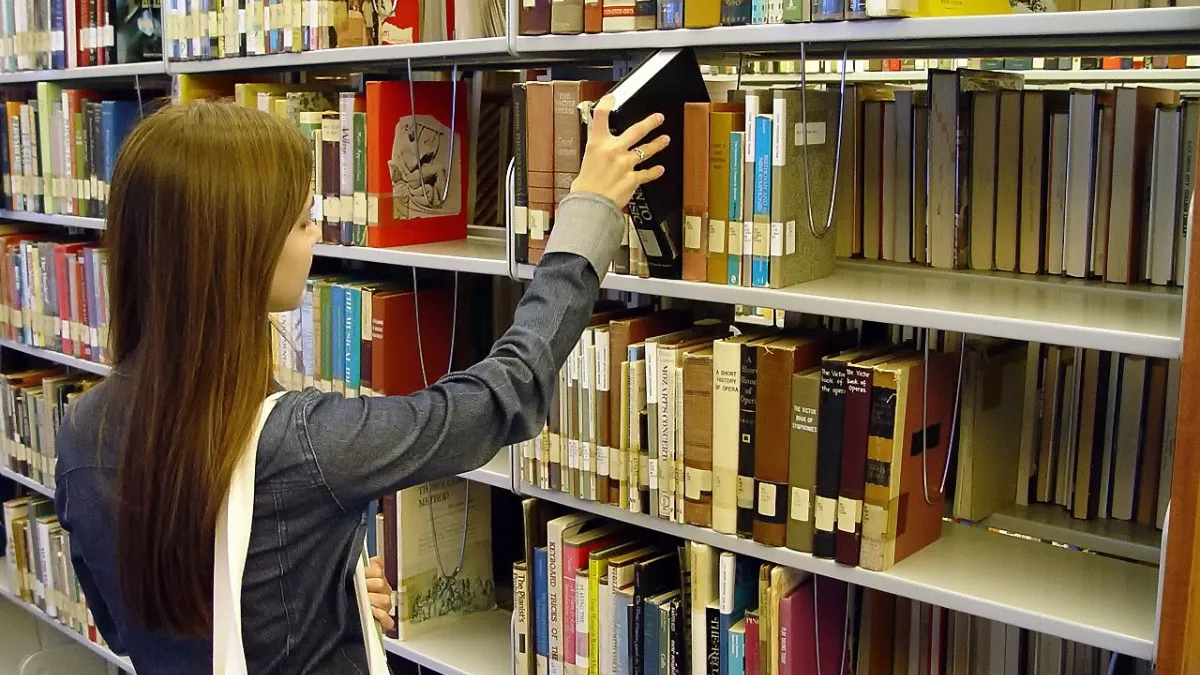Dive Brief:
-
Most libraries (98%) have closed their buildings to the public, but staff have quickly adapted their services by creating new virtual programs, expanding digital services and working with local government agencies, according to a recent survey by the Public Library Association (PLA).
-
Over 70% of respondents are using social media to share COVID-19 information, and more than 60% are using social media to promote census participation.
-
Prior to COVID-19, 81% of respondents offered public Wi-Fi access even when buildings were closed, and 12% of respondents have added that service in response to the pandemic. To address the digital divide, a smaller percentage of libraries have also expanded their public Wi-Fi range, provided mobile internet hotspots or used their bookmobile to provide internet access.
Dive Insight:
In spite of closing their doors, libraries continue to serve their communities in significant ways, PLA President Ramiro Salazar told Smart Cities Dive. In San Antonio, for example, some library employees have been assigned to help the city's Housing Department in facilitating requests for housing assistance as more people have fewer resources to pay their rent or mortgage, he said.
Meanwhile, the El Dorado County Library in California is using their 3D print lab to help provide face shields for regional hospitals and county facilities, PLA said. They have plans to print 15,000 face shields total.
The Rochester Public Library in Minnesota has worked with city partners to open a day shelter at the local city-owned civic center for people experiencing homelessness. And other members of the library administrative team are being used to help with operational plans for city services like county call lines that are now being "routed to library staff for initial intake and referral."
Other programming like story time and knitting groups have gone virtual for libraries like the McArthur Library in Biddeford, ME. Libraries have also expanded their virtual library cards — 418 library cards were issued in three weeks at the Central Rappahannock Regional Library in Virginia — while 67% percent have extended their online renewal policies; 74% have expanded ebook, streaming media and other online services; and 61% have added virtual programming.
Despite the good work that many libraries are doing, the coronavirus is hurting library budgets as city revenues fall. And some libraries have already reported job losses and budgetary concerns, according to the survey.
"Libraries are preparing for even greater need to support unemployed workers and small businesses than we experienced during the Great Recession," Salazar said in a statement.
People turn to libraries for resources they might not be able to access or afford on their own, according to Salazar. "Historically, it’s been documented that usage of public libraries increases when the economy is down," he said.
Libraries provide significant assistance to people looking for jobs by helping them submit resumes online, providing training and workshops to prepare for employment, and helping develop strategies for their job search. Small businesses also rely on public libraries for different resources such as workshops and programs for entrepreneurs, he said.
"When people are struggling, libraries provide resources to all segments of the community," Salazar said.
To keep up with all of our coverage on how the new coronavirus is impacting U.S. cities, visit our daily tracker.













